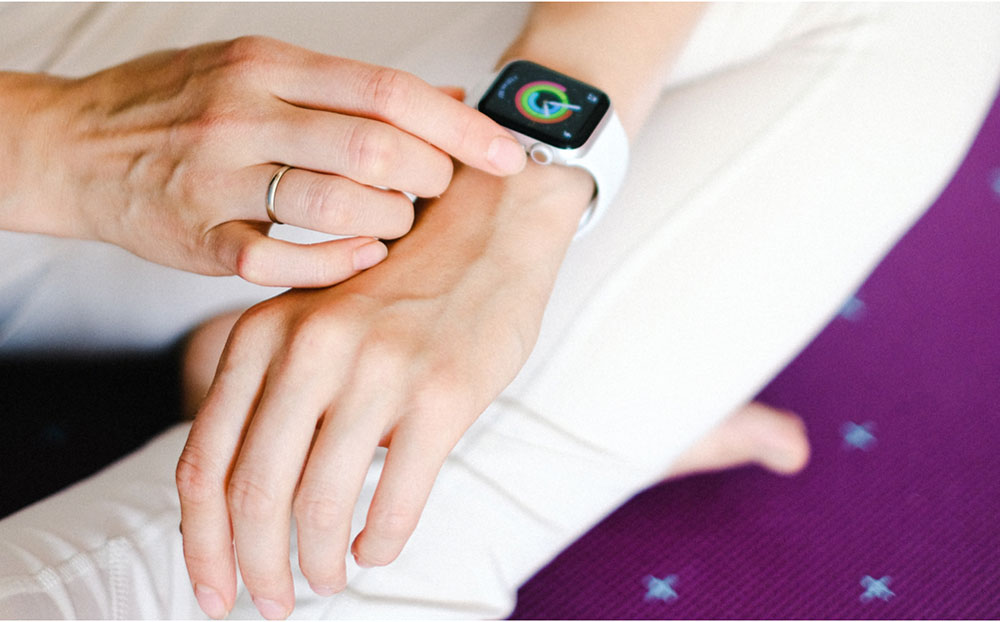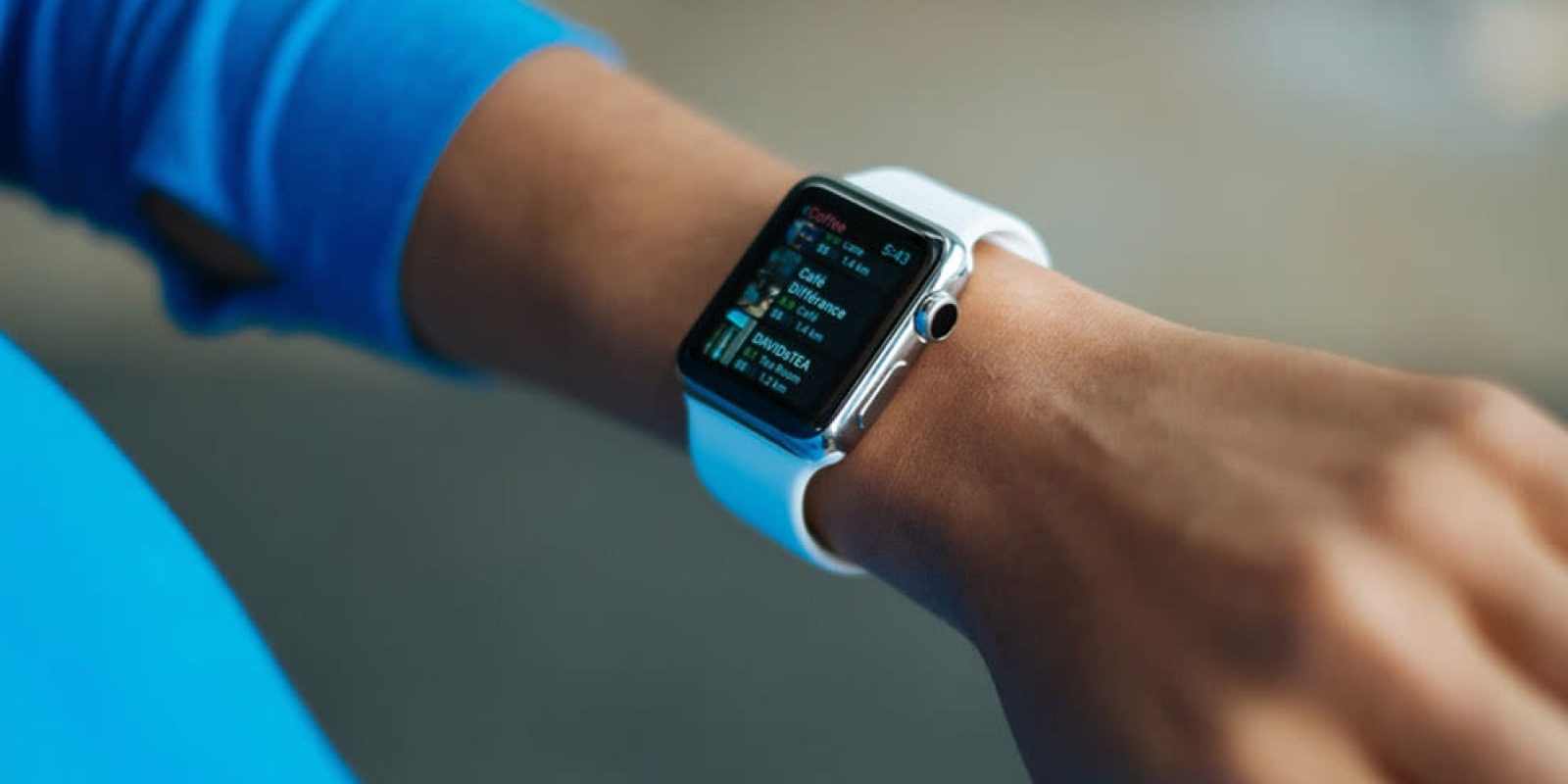It’s 6am and your Fitbit wakes you at the optimal time.
The device has tracked your sleep, and, stages, data you can access. In fact, it will give you a ‘sleep score’. It will also monitor your resting heart rate 24/7 and your peak heart rate zones to optimise effort during workouts. Of course, it has many other functions, including tracking your activity and kilojoules burned, and giving you reminders to move.
So how useful is that, and what’s the likelihood that it can produce anxiety, in the same way that obsession with healthy eating has created a new disorder called orthorexia nervosa – the extreme fixation with the “purity” of food and the benefits of healthy eating?
A recent Danish study of patients with heart disease found that while activity data from wearable devices could be a resource for self-care, it could simultaneously create uncertainty, fear, and anxiety.
When self-care becomes obsession
It’s true that wearable devices to measure exercise or sleep have put new power into our hands. In fact, on many levels, it’s a win-win for those who are health-conscious, for competitive sports players, or for anyone who simply wants to monitor – and change – a health habit.
But, for those who become obsessed with data – constantly checking in to see what their body is, or isn’t doing – it may be smart to call time out, says Sports and Exercise Medicine Physician Dr Brett Frenkiel, who works with elite sportspeople.
He says many professional athletes have their sleep monitored and can become anxious about not getting enough rest.
“That, in itself, becomes a vicious cycle,”
says Dr Frenkiel.
He adds that wearable technology certainly has many positive health effects, it also has the potential to be harmful if users are fixated with the data, or are uncertain about what it means. This situation may be aggravated by playing Dr Google.

What’s normal for you
For those who have true anxiety about the number of steps they are taking, or are becoming fixated on their heart rate, a discussion with a qualified practitioner about what the data means and healthy ways to use it would be valuable, says Dr Frenkiel.
“Education and reassurance will go a long way. It’s also important to know what’s normal and healthy for you.”
Wearable devices are often less than accurate
The information you receive from a wearable device is very different to robust, scientifically-validated intervention to achieve certain outcomes, he says.
After all, these types of consumer health technologies are not developed with only the patient in mind.
“Smart watches, on average, have a 10 percent inaccuracy for heart rate,” says Dr Frenkiel. “That figure may be up to 40 per cent for kilojoules burned. The read-outs should, therefore, be taken as a guide rather than gospel.”
How to use your smart device for good
Sports and performance dietitian Pip Taylor says:
“Dipping in or out of data, or periodically monitoring activity, can be valuable.”
However, in some instances, you may be a better judge than your smart watch of whether your habits are healthy.
“I am not a great fan of counting kilojoules instead of ensuring you are eating foods with maximum nutritional value,”
says Taylor.
Small variations in heart rate, days when you have a dip in activity, or the occasional sleepless night, should also be viewed judiciously, especially in a post-pandemic world.



